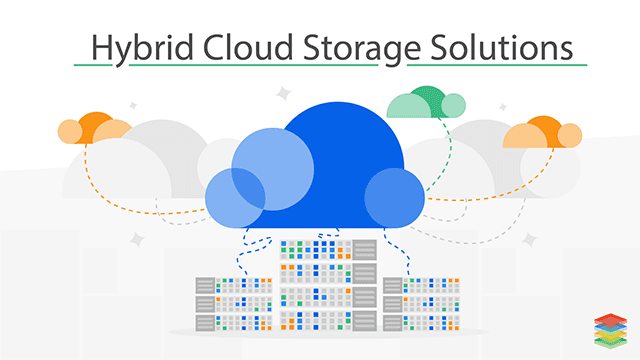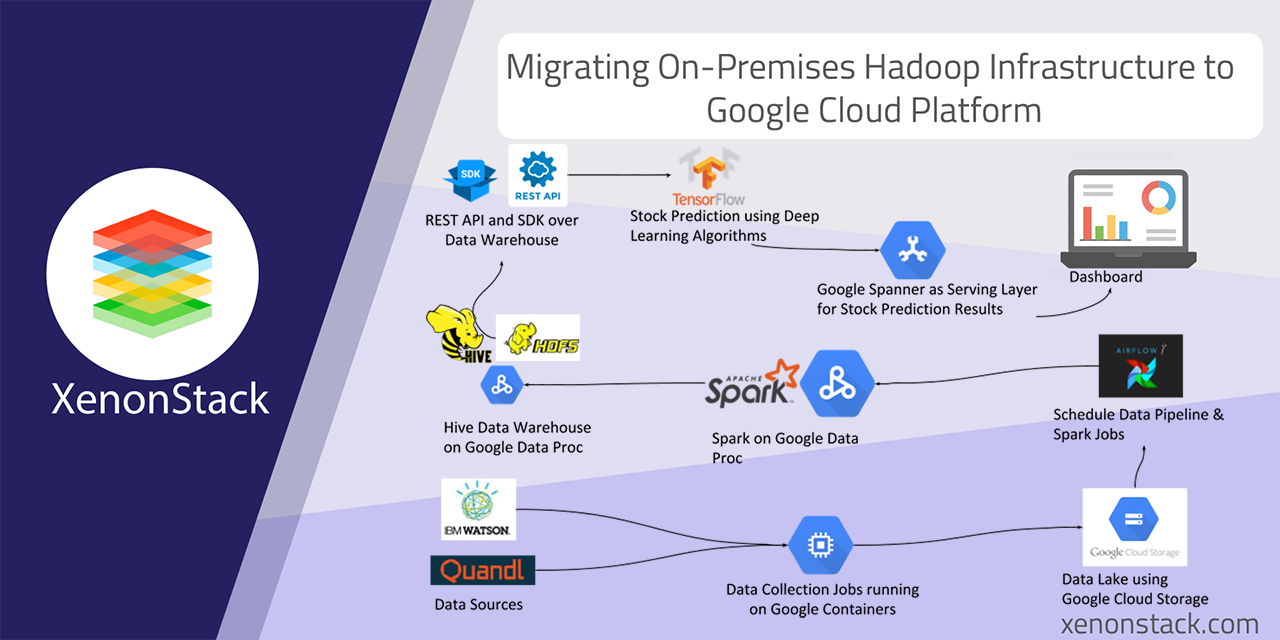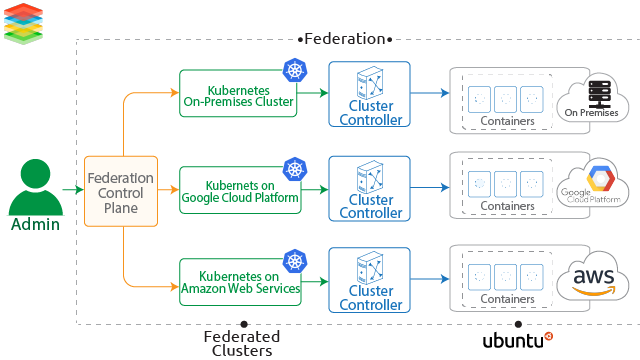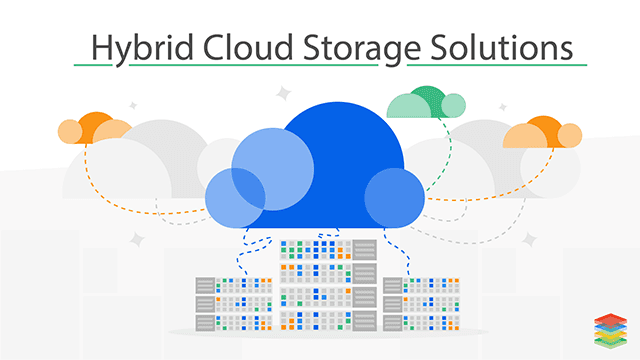
How can businesses balance cost, scalability, and performance for diverse workloads? Hybrid cloud storage solutions offer the perfect blend by integrating on-premises storage with public cloud storage, enabling flexibility and efficiency.
How Hybrid Cloud Storage Drives Scalability and Security
A hybrid cloud is an architecture that combines workloads across public cloud storage and on-premises storage. To implement enterprise hybrid cloud storage solutions, organizations must balance workload distribution, considering cost and workload type. This ensures optimal use of hybrid cloud storage architecture for scalability, security, and performance.
The rising demand for flexible hybrid cloud data storage has driven enterprises to adopt hybrid cloud storage solutions compatible with cloud service providers like AWS hybrid cloud storage, VMware hybrid cloud storage, and Google Cloud hybrid storage solutions, ensuring seamless cloud integration and effective data management in hybrid cloud.
Hybrid Cloud Storage Solutions Offerings
-
24/7 Security and Control
-
Agility and Flexibility
-
Application Complexity Management
-
Cost Reduction
Transform your business with our Hybrid Cloud Services and Solutions, ensuring scalability, security, and efficiency. Visit our page to learn more and get started today.
Challenges in Building an Enterprise Hybrid Cloud
Building an Enterprise Hybrid Cloud requires careful consideration of several factors to ensure scalability, security, and compliance.
-
Enterprise Private Cloud offers flexibility for managing development, staging, and production environments, allowing businesses to scale resources based on workload needs.
-
Private Cloud supports containers and big data frameworks like Apache Hadoop, providing a robust foundation for building analytics platforms and handling large-scale data processing.
-
Disaster Recovery (DR) and backup solutions for the private cloud are essential to ensure data protection and business continuity in hybrid environments.
-
Enterprise security policies and implementation using LDAP ensure secure access control across both private and cloud environments.
-
Adherence to CIS and HIPAA compliance is crucial for maintaining security standards in both containers and OpenStack, ensuring sensitive data is protected in compliance with regulatory frameworks.
Top Solutions for Enterprise Hybrid Cloud Storage
For an effective Enterprise Hybrid Cloud solution, several technologies work together to provide a comprehensive and scalable infrastructure:
-
OpenStack Compute delivers Infrastructure as a Service (IaaS), enabling the dynamic allocation of compute resources.
-
OpenStack Magnum facilitates Container as a Service (CaaS), allowing for seamless deployment and management of container orchestration engines such as Kubernetes.
-
OpenStack Sahara simplifies the provisioning of big data analytics tools like Apache Hadoop, Apache Spark, and Apache on OpenStack, streamlining data processing tasks.
-
Ceph provides a reliable, scalable storage solution that integrates well with the hybrid cloud infrastructure.
Key technologies include:
-
OpenStack Pike release for enhanced features and security in cloud management.
-
Jewel for Ceph offers advanced storage management capabilities.
-
Ansible for infrastructure automation, streamlining deployment, and operational workflows across the hybrid cloud environment.
Getting Started with Kubernetes in Cloud Environments
Kubernetes is a powerful container orchestration platform that simplifies the modernization of application design, eliminating the need for complex infrastructure management. When enabling an Enterprise Private Cloud for healthcare applications, Kubernetes plays a crucial role in ensuring scalability, flexibility, and high availability.Approach for Enabling Enterprise Private Cloud for Healthcare Application:
Understanding Multi-Cloud and Hybrid Cloud Architecture
Multi-Cloud is an emerging approach for private cloud environments, with Kubernetes leading as the preferred choice over OpenStack. As the cloud-native applications landscape evolves, microservices and application scaling are transforming deployment strategies.
Kubernetes follows the Container as a Service model, which is ideal for deploying Kubernetes clusters on bare metal servers and virtual machines in public clouds like AWS and Google Cloud Platform, as well as OpenStack for private clouds.
The hybrid cloud approach integrates on-premises servers with public cloud providers for development, business, and HR applications, offering flexibility and efficiency.
Core Strengths of Multi and Hybrid Cloud Environments
-
Elimination of DDOS (Distributed Denial of Service) Attacks
-
Data Management and data lifecycle management across environments
-
Increased security and reduction in risk through distributed resources
-
Cost optimization by dynamically scaling workloads
-
Benefits similar to the Private Cloud, ensuring control and security while accessing the cloud's scalability
What Are the Key Benefits of Hybrid Cloud Storage?
Hybrid cloud storage offers enterprises a flexible, scalable, and cost-effective approach to data management. By integrating on-premises storage with public cloud storage, organizations can leverage the best of both worlds. This approach supports data lifecycle management by allowing seamless data tiering, ensuring critical data resides in the optimal storage tier.
-
Scalability and Flexibility: Hybrid cloud storage solutions enable organizations to scale storage resources dynamically to meet growing data needs, eliminating the constraints of limited on-premises infrastructure.
-
Cost Efficiency: Businesses can store infrequently accessed data in the cloud while retaining sensitive data on-premises, optimizing costs with intelligent data tiering.
-
Improved Data Management: By leveraging hybrid cloud storage architecture, organizations gain centralized control over data management in hybrid cloud, improving data accessibility, security, and performance.
-
Enhanced Disaster Recovery: Solutions like AWS Storage Gateway and Amazon S3 simplify backup and recovery processes, ensuring business continuity.
Effective Use Cases for Hybrid Cloud Storage
Organizations across industries are increasingly adopting hybrid cloud storage solutions to address diverse use cases.
-
Data Archiving and Backup: Storing cold data on cloud platforms such as Amazon S3 reduces costs while retaining accessibility for compliance and audits.
-
Big Data Analytics: Combining the computing power of the cloud with hybrid cloud storage architecture facilitates real-time analytics, leveraging data from both on-premises and cloud systems.
-
Media and Content Distribution: Hybrid cloud data storage supports content delivery networks (CDNs) by storing and distributing large volumes of data globally.
-
Hybrid Cloud Integration: With AWS hybrid cloud storage and VMware hybrid cloud storage, businesses can seamlessly manage workloads across environments, enhancing flexibility.
-
Cross-Industry Applications: Industries like healthcare, finance, and retail benefit from HPE hybrid cloud storage solutions and IBM hybrid cloud storage solutions, ensuring secure and efficient data management.
Leverage the power of data with our Big Data Analytics Services and Solutions, enabling insights for smarter decision-making. Discover how we can help transform your data into actionable results—visit our page now.
Key Trends Shaping Hybrid Cloud Storage Solutions
Technological advancements and changing business needs drive the evolving landscape of hybrid cloud storage solutions.
-
AI-Driven Data Management: Integration of AI and machine learning for data lifecycle management will automate data placement, improving efficiency and reducing costs.
-
Advanced Storage Architectures: Innovations in hybrid cloud storage architecture, such as edge computing integration, will enhance performance for latency-sensitive applications.
-
Unified Storage Solutions: Enterprises will increasingly adopt unified platforms to manage block storage, file storage, and object storage across hybrid environments.
-
Sustainability Initiatives: Green computing will influence the design of energy-efficient storage solutions in hybrid infrastructures.
-
Expanded Cloud Integration: Enhanced capabilities from cloud service providers like Google Cloud hybrid storage solutions and AWS Storage Gateway will drive seamless interoperability between on-premises storage and cloud environments.
Maximizing the Potential of Hybrid Cloud Storage Solutions
Hybrid cloud storage solutions empower businesses to seamlessly integrate on-premises storage with cloud platforms, offering scalability, cost efficiency, and robust data management. With tools like AWS hybrid cloud storage and VMware hybrid cloud storage, organizations can adapt to changing demands while optimizing performance.
Emerging innovations, such as AI-driven data lifecycle management and unified storage architectures, are enhancing how enterprises handle block storage, file storage, and object storage. By leveraging these advancements, businesses can unlock new opportunities and strengthen their hybrid strategies.
As a key driver of modern data strategies, hybrid cloud storage solutions enable enterprises to stay competitive, resilient, and ready for the challenges of a dynamic digital terrain.
Next Steps in Adopting Hybrid Cloud Storage Solutions
Talk to our experts about implementing Enterprise Hybrid Cloud Storage Solutions. Discover how industries leverage hybrid cloud storage to optimize data management, ensure scalability, and enhance security. With seamless integration across public and on-premises storage, businesses can improve performance, reduce costs, and maintain control over their critical data.



